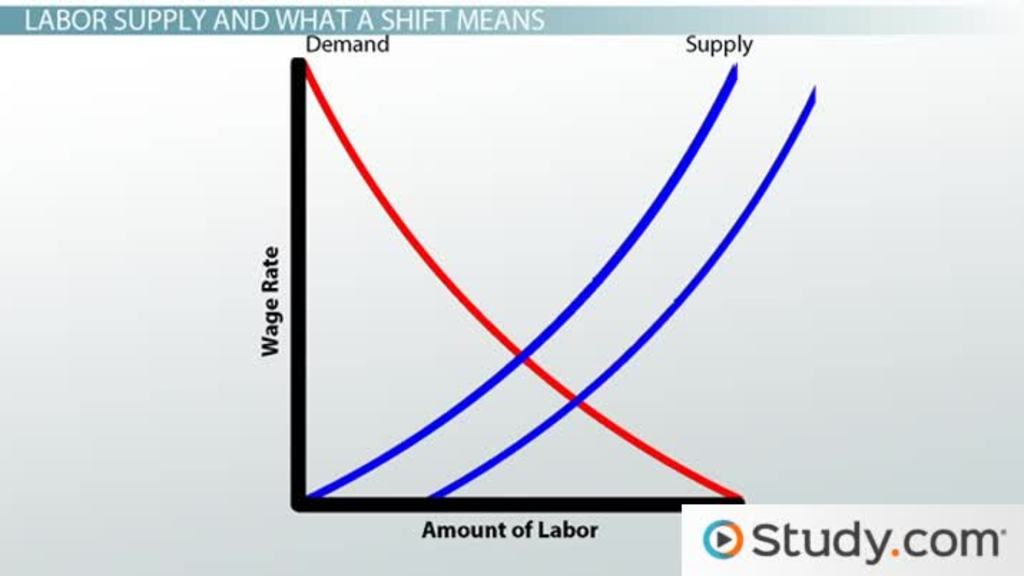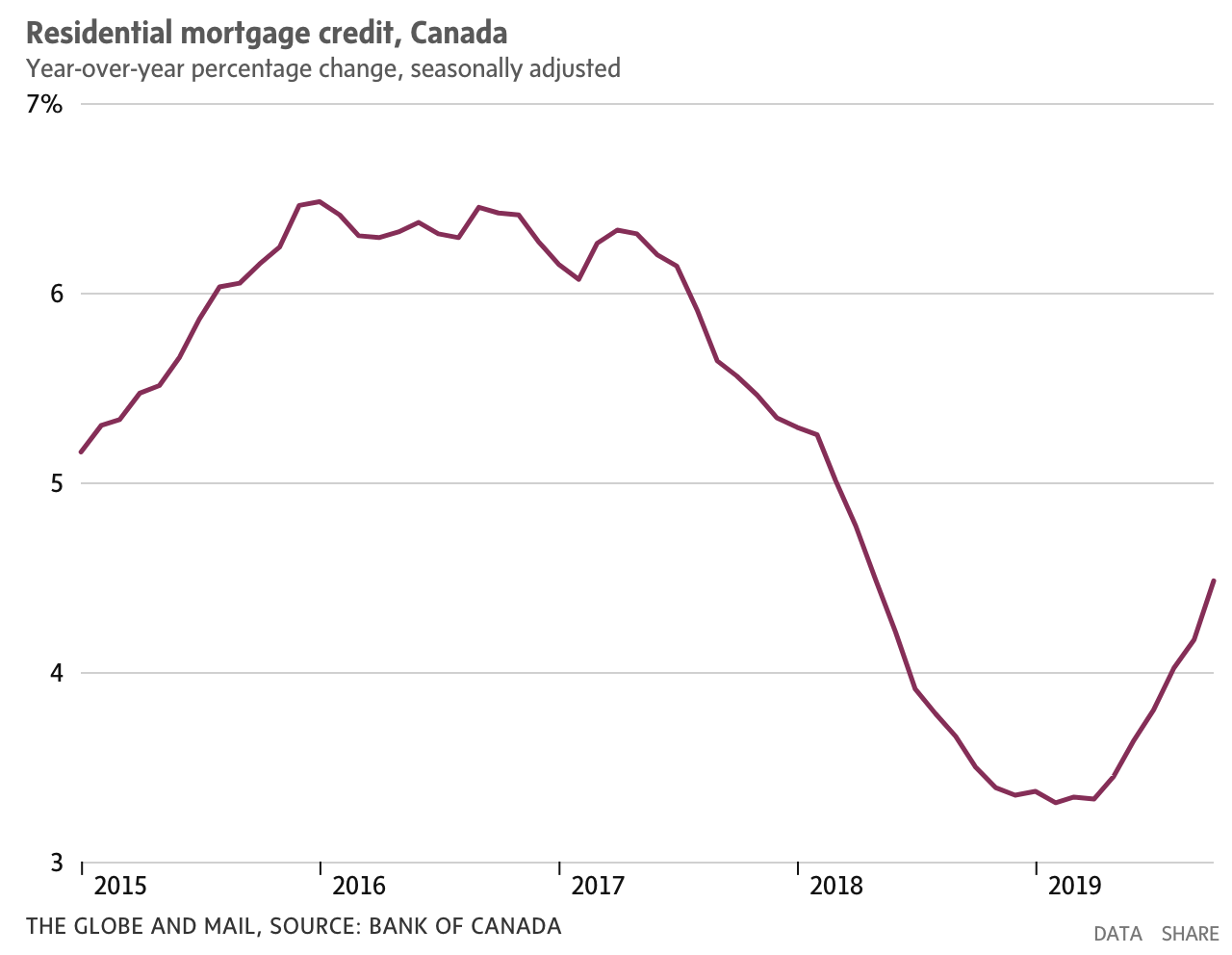The Crucial Role Of Middle Managers In Organizational Effectiveness

Table of Contents
Defining the Middle Manager
Before delving into their impact, let's define what we mean by "middle manager." These individuals occupy a pivotal position in the organizational hierarchy, sitting between senior management and frontline staff. They manage teams, implement strategies, and report to upper management. Their responsibilities span a broad spectrum, encompassing leadership, communication, performance management, and operational oversight. Their influence on organizational effectiveness is profound, impacting everything from employee morale to bottom-line results.
Bridging the Gap Between Leadership and Employees
Middle managers act as a vital conduit, translating the strategic vision of senior management into actionable plans for their teams. This crucial role ensures strategic alignment across the organization. They break down complex strategies into smaller, manageable goals, making them understandable and achievable for frontline employees. Effective middle managers excel at:
- Effective communication: Clearly articulating organizational goals and expectations to their teams. This includes both top-down communication of strategic objectives and bottom-up feedback to senior management.
- Providing regular feedback and updates: Keeping their teams informed about organizational changes, progress towards goals, and any relevant updates from senior leadership.
- Ensuring alignment: Continuously monitoring and adjusting team performance to ensure it remains aligned with overall strategic objectives. This requires careful performance management and ongoing adjustments based on feedback and results.
Fostering Employee Engagement and Motivation
A positive and productive work environment is paramount to organizational effectiveness, and middle managers play a significant role in cultivating this. Their ability to mentor, coach, and support their team members directly impacts employee engagement and motivation. Highly engaged employees are more productive, innovative, and committed to the organization's success. Middle managers achieve this through:
- Regular feedback and recognition: Providing timely and constructive feedback, acknowledging accomplishments, and celebrating successes.
- Professional development opportunities: Creating avenues for growth and advancement, encouraging further training and skill development.
- Team building: Fostering strong relationships and collaboration within their teams, creating a supportive and inclusive work environment.
- Conflict resolution: Effectively addressing employee concerns and resolving conflicts promptly and fairly.
Driving Operational Efficiency and Productivity
Middle managers are responsible for optimizing resources, streamlining processes, and monitoring performance within their teams. Their focus on operational efficiency directly impacts the organization's bottom line. By identifying and addressing bottlenecks, they contribute significantly to enhanced productivity. Key actions include:
- Implementing effective workflows: Designing and implementing efficient processes to ensure smooth operations and minimize delays.
- Optimizing resource allocation: Making the best use of available resources (personnel, budget, technology) to maximize output.
- Monitoring KPIs: Tracking key performance indicators to identify areas for improvement and address performance gaps proactively.
- Process improvement: Continuously identifying and implementing improvements to existing workflows, aiming for greater efficiency and productivity.
Promoting Innovation and Adaptability
In today's dynamic business environment, adaptability and innovation are crucial for survival and success. Middle managers play a key role in fostering a culture of innovation within their teams. They encourage creative problem-solving and adaptation to changing market conditions. This involves:
- Open communication and idea sharing: Creating a safe space for team members to share ideas, experiment, and take calculated risks.
- Learning from failures: Promoting a culture where failures are seen as learning opportunities, rather than setbacks.
- Strategic adaptation: Monitoring market trends and adapting strategies and processes to respond to emerging challenges and opportunities.
- Championing innovation: Actively seeking and implementing innovative solutions to enhance organizational performance and competitiveness.
The Indispensable Role of Middle Managers in Organizational Success
In conclusion, middle managers are indispensable to achieving organizational effectiveness. Their contributions span communication, employee engagement, operational efficiency, and innovation. They bridge the gap between leadership and employees, translating strategic vision into actionable results. Investing in the development of your middle management team is crucial for achieving true organizational effectiveness. By empowering your middle managers and providing them with the resources and support they need – including leadership development and management training – you can unlock significant potential for growth and success, boosting overall performance and achieving sustainable, long-term organizational success. Focus on improving your middle management strategies today for a more effective tomorrow.

Featured Posts
-
 Minnesota Immigrant Job Market Shifts Higher Wages Reported
Apr 29, 2025
Minnesota Immigrant Job Market Shifts Higher Wages Reported
Apr 29, 2025 -
 Ukraine War North Koreas First Acknowledged Troop Deployment To Russia
Apr 29, 2025
Ukraine War North Koreas First Acknowledged Troop Deployment To Russia
Apr 29, 2025 -
 Global Competition Heats Up The Race To Attract Us Researchers Post Funding Cuts
Apr 29, 2025
Global Competition Heats Up The Race To Attract Us Researchers Post Funding Cuts
Apr 29, 2025 -
 Goldman Sachs Offers Exclusive Guidance On Tariffs A Country By Country Analysis
Apr 29, 2025
Goldman Sachs Offers Exclusive Guidance On Tariffs A Country By Country Analysis
Apr 29, 2025 -
 The Russian Militarys Actions A Growing Threat To European Stability
Apr 29, 2025
The Russian Militarys Actions A Growing Threat To European Stability
Apr 29, 2025
Latest Posts
-
 The Release Of Willie Nelsons 154th Studio Album And Recent Family News
Apr 29, 2025
The Release Of Willie Nelsons 154th Studio Album And Recent Family News
Apr 29, 2025 -
 Country Music Legends Wife Denies Son Is Now Caretaker
Apr 29, 2025
Country Music Legends Wife Denies Son Is Now Caretaker
Apr 29, 2025 -
 Falling Retail Sales Signal Potential Bank Of Canada Rate Cuts
Apr 29, 2025
Falling Retail Sales Signal Potential Bank Of Canada Rate Cuts
Apr 29, 2025 -
 The Price Of Stardom Willie Nelson And The Risks Of Non Stop Touring
Apr 29, 2025
The Price Of Stardom Willie Nelson And The Risks Of Non Stop Touring
Apr 29, 2025 -
 9 Billion Dow Project Delayed In Alberta Due To Tariff Impacts
Apr 29, 2025
9 Billion Dow Project Delayed In Alberta Due To Tariff Impacts
Apr 29, 2025
